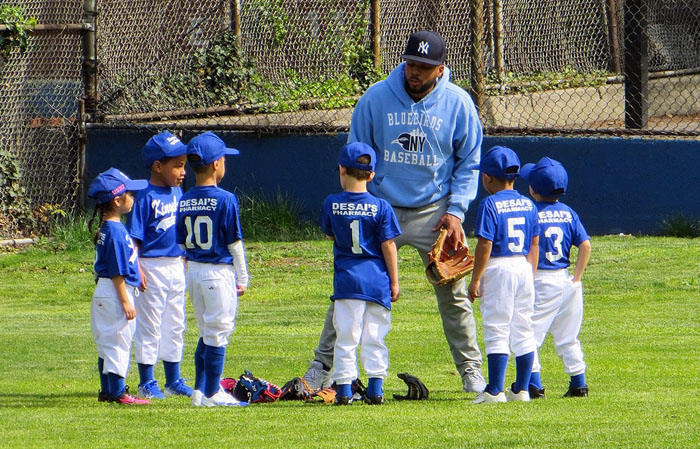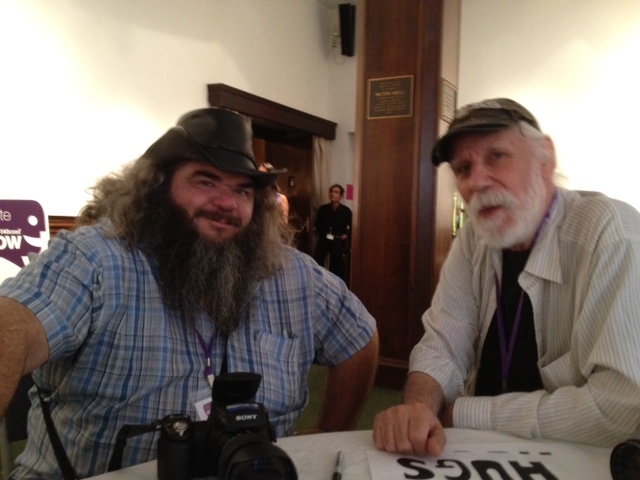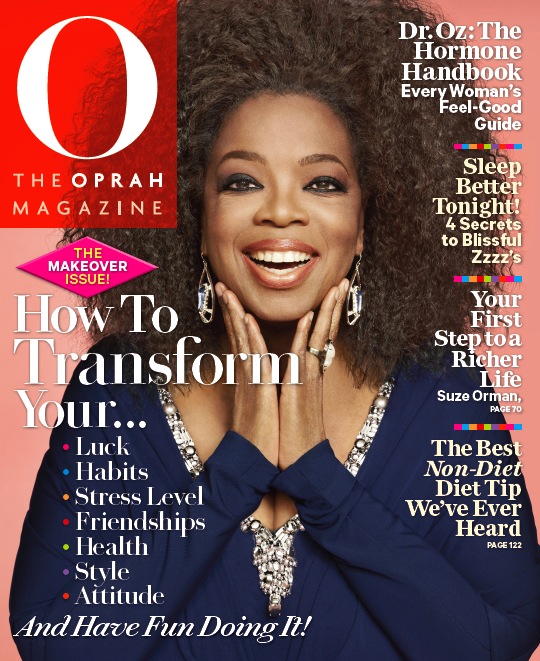
For just about anything you can think of, somebody’s posted a YouTube video to show you how.
It’s like we’ve moved Dad on-line and then made him available to everyone. Literally.
I tuned in to one of them, Rob Kenny and his “Dad, How Do I?” tutorials, because one of you thought that I should. (Thanks, Brian!) Dad, how do I tie a tie? Dad, how do I shave? Dad, how do I fix my running toilet?
That last one’s had 1.1 million views, so lots of us “kids” are watching.
Rob Kenny’s advice is sincere, never scrambled with snark but always accompanied by a mayonnaise of Dad jokes that make him break up a little when he tells them, pulling you into their vibe even though you can’t remember ever thinking that jokes like this were funny. They pull you into a heartland kind of conspiracy, like the “just-right porridge” did in the wandering fairy tale.
You see, Rob Kenny lost his dad when he was a kid and it made him realize that other kids had lost (or never had) their dads either, so he initially started posting his everyday advice as a kind of public service, never expecting for the hole to be as big as it was or for so many to feel that he was helping to fill it.
When Rob Kenny was having a bad week recently (and hadn’t posted his next vid when he’d planned and viewers were hoping), he got on the horn anyway, to “buy himself some time,” talking about how much he appreciated everyone’s comments on his last dollop of advice—“I’m new at being out in public like this” he explained, but your writing to me things like “Protect this man at all costs” helps me so much “because I need protection” so much–and then How Proud He Was of all the generous people who took the time to care about him back.
To him, it seemed to demonstrate their good character, even those like Joseph, who’d written (like he was some kind of tough guy): “This dude is making my eyes sweat.”
Rob Kenny’s “I am proud of you” post, which comes with an almost tearful dad-joke along with his struggles to get though Teddy Roosevelt’s “Daring Greatly” poem (from those halcyon days when our presidents were also poets) moves straight though the heart of maudlin with the sincerest of intentions.
For me, It brought some tonic to another long week (when is the last time somebody said “I’m proud of you” just for making it through?), and it got me thinking about how much we all need not only hands-on guidance but also an attaboy now and then, even when it comes at the arms-length distance of a YouTube video or an article in the New Yorker, or a self-help book that you can spend all the time that you need with.
Because the best of this kind of outreach conjures those extraordinary times when you were huddled knee-to-knee or hunched elbow-to-elbow over whatever it was, and somebody who cared enough was actually there with you showing you how.
The life-blood in these kinds of tutorials comes from memories like that.

When I was in “start-up business mode” several years back and thinking about ways to change the world for the better, I had the idea for a school, or maybe just an area in every school, where you could learn about practical things that no one else seemed to be teaching.
There were places in my high school like wood shop and the typing pool where certain crafts and skills were taught. Indeed, showing how close we were to the cusp at the time, BHS had already re-branded “home economics” as “cooking 1-2-3” so that boys wouldn’t feel too threatened to take it (and I could learn how to make pecan pie by the last class.) But there was no one there to teach me the soup-to-nuts of traveling by train or reading a roadmap, fixing a broken toaster or finding my way out of the woods if I got lost, traveling in a foreign country or changing a flat tire (although my fellow “industrial arts” students, who’d go on to become our town’s mechanics, might have helped with that last one if I’d asked).
Perhaps because “practical” was not one of the first 10 or 15 words that anyone would have used to describe me, I was drawn to this gapping void in my own experience and maybe in the educational system generally. This un-met dimension of schooling would need to have guides who could show the uninitiated how to do all of those things that had somehow fallen through the cracks of our formal educations.
I got far enough with this idea to wonder how I’d sell it to boards of education that (unfortunately) were already struggling to keep the school systems that they had already both functioning and safe. What was the “value-add” that parents and other civic-minded individuals would be willing to pay for in order to produce more fully-rounded graduates and a more capable community? That’s where the waves of my enthusiasm hit the shoals of feasibility. But I never abandoned the idea entirely.
At least intially, I returned to the need itself and where my urge to satisfy it had come from. I don’t recall wishing that my dad had taught me how to solve all of these lingering mysteries. Instead I came to realize that he’d actually given me some of the tools that I needed to solve them myself. As a businessman who was always on the road having “to figure things out,” he was a regular demonstration of how to turn conundrums into solutions. It was an internal discipline that I had in me too, however little I’d acted upon it.
So if my “problem-solving” innovation was unlikely to fly in our school systems, maybe I had my own ability to find the practical, step-by-step paths that could lead me (rewardingly) to the bottom of whatever I was most curious about. It was a revelation that tracked my other dad-like substitute, the Cub Scout manual, in which every challenge (from making a fire in the woods to creating a successful lemonade stand) began with wondering how and ended after taking one practical step after another.
In the ensuing years, I effectively brought that imagined part of schooling into my head, encouraging its problem-solving wherever curiosity took me, and thinking nothing more about it until I stumbled upon one of the most extraordinary things that I’ve ever read in New Yorker magazine.

This isn’t a picture of Kirk Varnedoe coaching the Giant Metrozoids, a well-named team of 8-year old boys learning the art and science of football twenty years ago. Indeed, it’s not even a picture of football players and their coach. But it might help you begin to imagine the accomplishments that a cohort like this can aim for together on a field of dreams.
During the late 1990s, when Kirk Varnedoe was the curator of painting and sculpture at the Museum of Modern Art in New York, he volunteered to help Luke, the son of New Yorker writer Adam Gopnik, and a clutch of other City boys eager to learn the game of football on a playing field in Central Park. Since Varnedoe and Gopnik already knew one another from their full-time pursuits, on an extracurricular voyage like this one it was like Odysseus finding his Homer.
In the first 10 minutes, Gopnik realized that great teachers can “de-mystify” a painting as well as an athletic pursuit and that Varnedoe was world-class wherever he exercised his vocation. In fact, Varnedoe’s instincts as a field guide were so strong that he’d considered becoming a football coach after graduating from college, offering this post-mortem some years later on why he’d taken a more high-falutin direction.
if you’re going to spend your life coaching football, you have to be smart enough to do it well and dumb enough to think it matters.
But of course, the underlying instincts don’t go away, they just get channeled into explaining, say, something as inscrutable as abstract expressionism to the un-convinced, which Varnedoe went on to do in the Mellon Lectures that he gave (to near unanimous acclaim) in the early 2000s at the National Gallery of Art. It was during this same span of years that also brought his de-mystifying abilities back to some 8-year old boys who wanted to explore the mysteries of football.
If your New Yorker subscription will get you over its paywall, you can read “The Last of the Metrozoids” here. You can also subscribe, “get a free tote,” and read it from “the inside” in the same place. Otherwise, you’ll have to trust in my ability to cull some of its best passages from my own torn-out copy of it and to include them here.
Gopnik sets the scene magnificently:
The boys came running from school, excited to have been wearing their Metrozoid T-shirts all day, waiting for practice. Eric and Derek and Ken, good athletes, determined and knowing and nodding brief, been-there-before nods as they chucked the ball around; Jacob and Charlie and Garrett, talking a little too quickly and uncertainly about how many downs you had and how many yards you had to go. Will and Luke and Matthew, very verbal, evangelizing for a game, please, can’t we, like, have a game with another team, right away, we’re ready; and Gabriel, just eager for a chance to get the ball and roll joyfully in the mud. I was curious to see what Kirk would do with them. ‘OK, he said, very gently…’Let’s break it down.’
After returning to basics they could easily swallow, Gopnik says: “They followed him like Israelites.”
What none of the boys knew however was how far back-to-basics they’d need to go before they actually picked up the ball and threw it around, or even learned which way to run. But Varnadoe understood that this game was less about what “you did” and more about what “you all did together.” So he continued by further bringing their enthusiasm to ground.
‘No celebrations,’ he said, arriving at the middle of the field. ‘This is a scrimmage. This is just the first step. We’re all one team. We are the Giant Metrozoids.’ He said the ridiculous name as though it were Fighting Irish…The kids stopped, subdued and puzzled. ‘Hands together,’ he said, and stretched his out, and solemnly the boys laid their hands on his, one after another. ‘One, Two, Three together!’ and all the hands sprang up. He had replaced a ritual of celebration with one of solidarity—and the boys sensed that solidarity was somehow at once more solemn and more fun than any passing victory could be.
Varnadoe also knew that what they were doing there was about more than the game. They’d all come (himself included) as one thing and by the end of their time together would leave as something else, because learning is always about transformation too, from one level of knowledge, appreciation or physicality to another. At this point, Gopnik disclosed the depth of Varnadoe’s own transformation, from a “fat and unimpressive” kid before he’d become a football player in college. About that earlier time Varnadoe said:
You were one kind of person with one kind of body and one set of possibilities, and then you worked at it and you were another. The model was so simple and so powerful that you could apply it to anything…It put your fate in your own hands.
So he endeavored to put the same kind of fate in each of the Metrozoid’s hands.
As the morning progressed, Varnadoe instilled the lesson by drilling the boys down into each step that they’d be taking on this field when they were ready.
He had them do their first play at a walk, 6 times [Gopnik reported from the sidelines], which they clowned about, slow motion when they were inclined to be ‘terrier quick,’ but he still had them do it. Then they ‘ambled through it’ [making the proceedings take on]… a courtly quality, like a seventeenth century dance.
But the boys were beginning to see how the game was a series of basic steps that they could master, and that they needed to know how to do each step slowly before they could speed it up, and certainly before they could combine it with other steps. “You break it down and then you build it back up,” is how Varnedoe put it.
Some of his teaching also involved recognizing that every boy would come to his “de-mystification” differently—some emotionally, some through reasoning, and others more viscerally, through increasing their body awareness. So when circumstances called for it, he’d take, say a kid who seemed afraid of the football, to the side for some one-on-one instruction. But instead of focusing on the kid’s occasional successes and many failures, Gopnik described Varnadoe’s ability to engage the boy’s deeper drives.
When he caught [a ball], Kirk wasn’t too encouraging; when he dropped one he wasn’t too hard. He did not make him think it was easy. He did not make him think that he had done it when he hadn’t. He made him think that he could do it if he chose.
Between the master and his chronicler, “The Last of the Metrozoids” blew me away when I first read it and still blows me away today because there is something almost supernatural about those who know how to build up the capabilities of others, are lucky enough to be captured in the act of doing so, and somewhere down the line, share those bits of magic with the rest of us.
This post was adapted from my March 20, 2022 newsletter. Newsletters are delivered to subscribers’ in-boxes every Sunday morning, and sometimes (but not always) I post the content from one of them here. You can subscribe and not miss any by leaving your email address in the column to the right.






